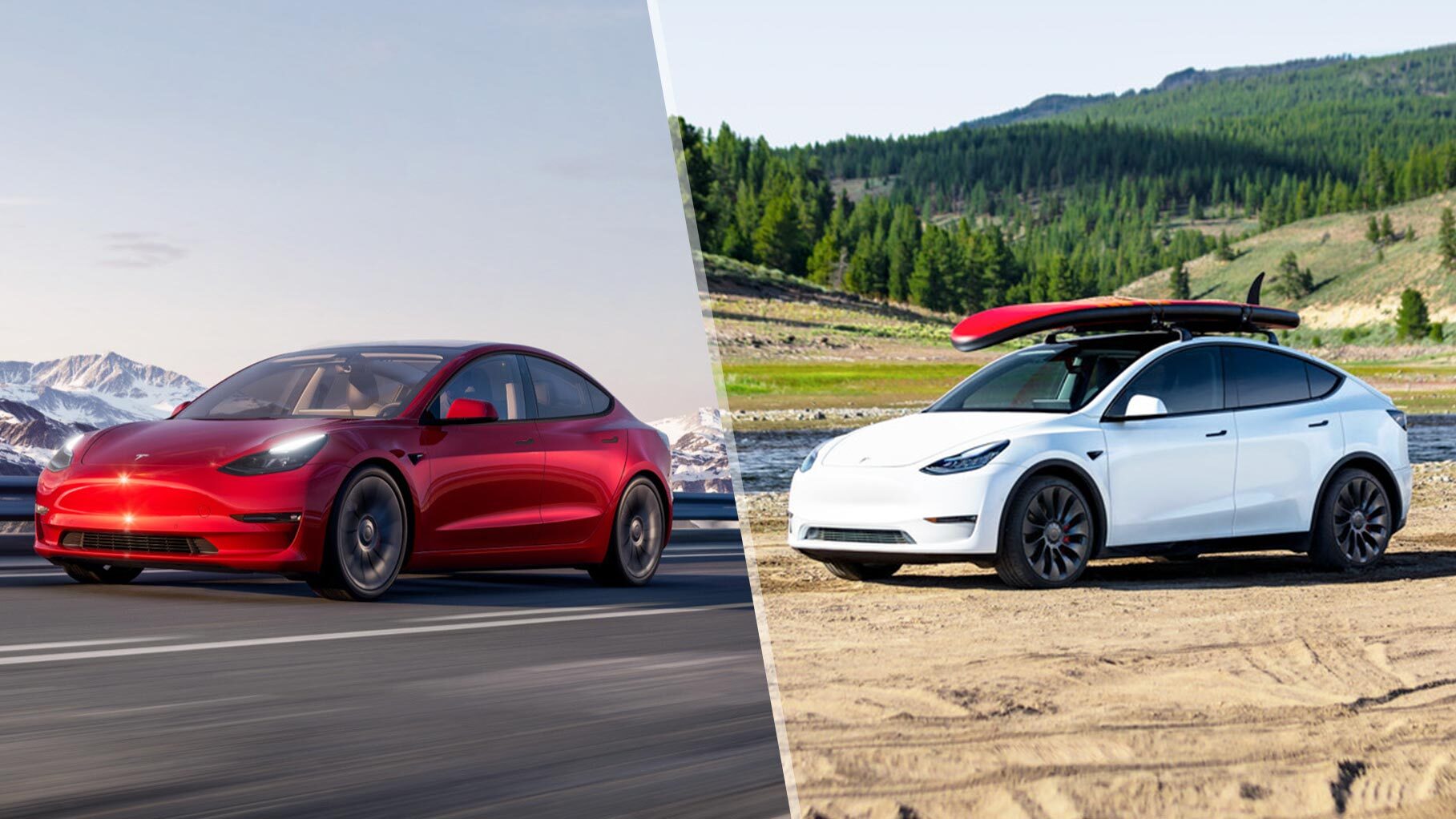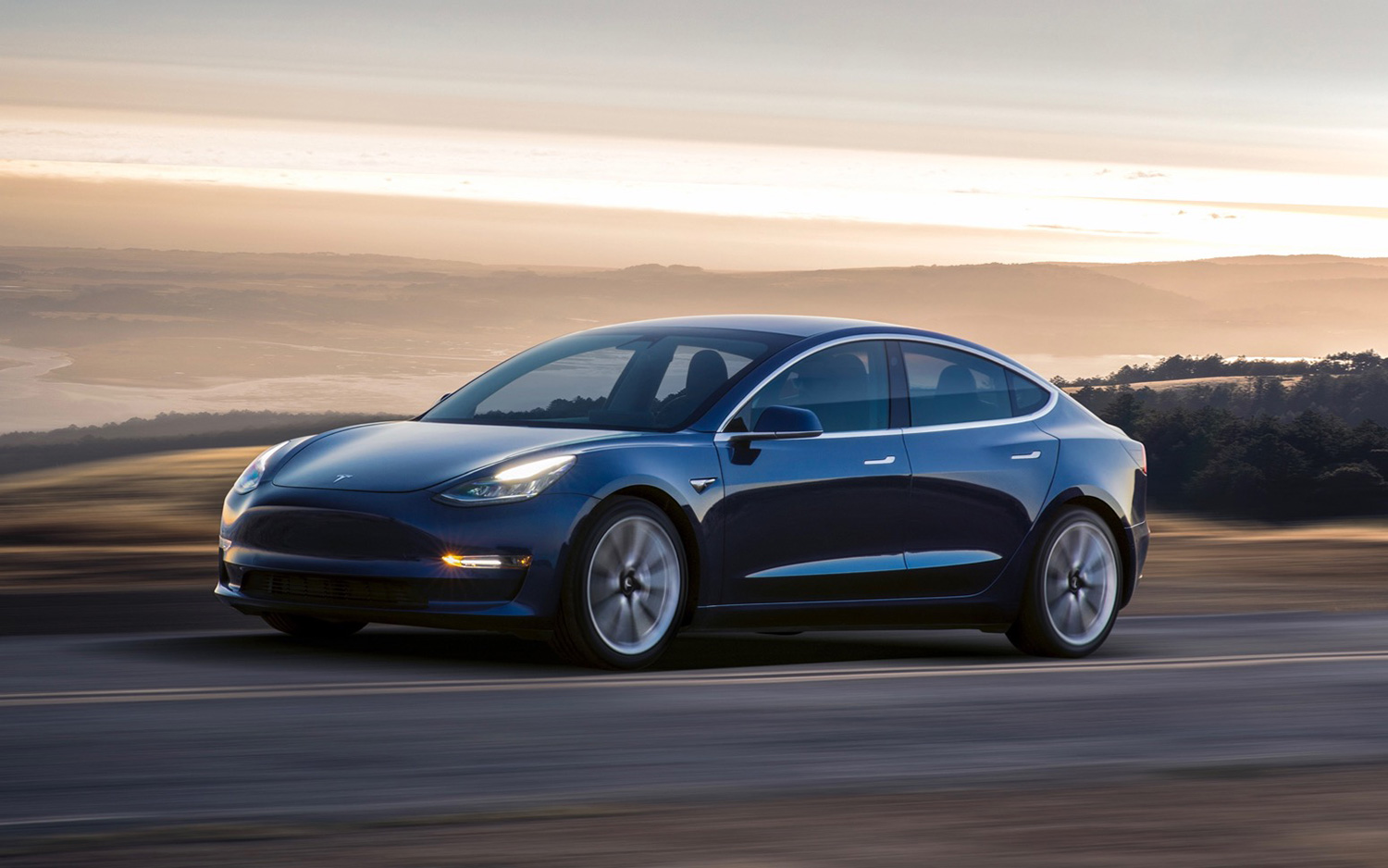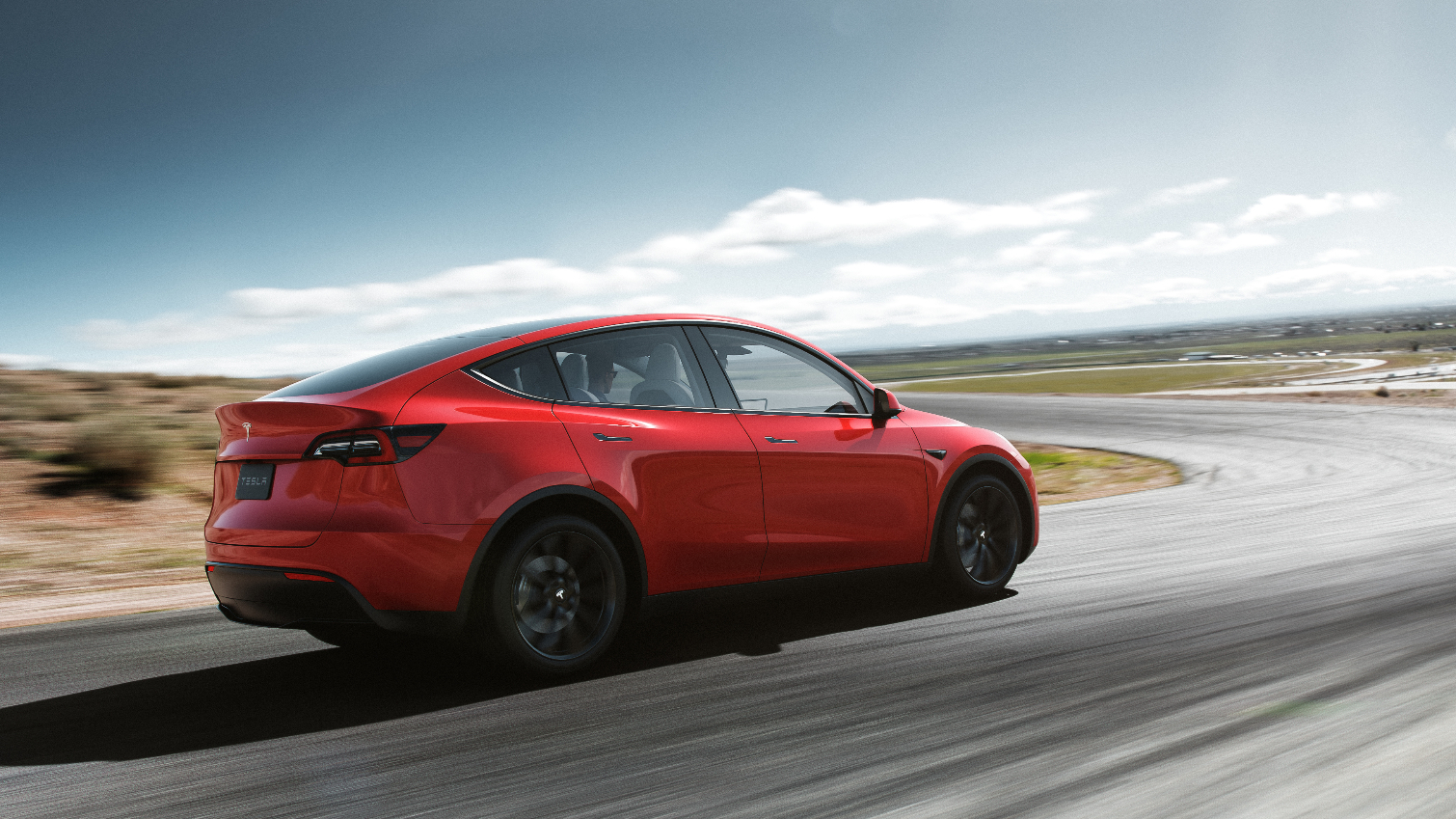Thousands of Tesla Model 3 and Y cars recalled — check if yours is one
Potentially defective first- and second-row seat belt fasteners may be present in thousands of Model 3 and Model Y vehicles.

A new safety recall notice on the National Highway Traffic Safety Administration's website reveals that Tesla has recalled thousands of its Model 3 and Model Y vehicles due to potential seat belt defects.
These defects are significant because they can impede the vehicles' seat belts from working as intended. So, if your vehicle is one of those potentially impacted by the recall you should contact Tesla immediately. The company has agreed to inspect and (if necessary) replace the defective parts free of charge.
- Tesla Model 3 vs Tesla Model Y: What’s the difference?
- These are the best electric cars you can buy right now
- Plus: Tesla Model S Plaid achieves new quarter-mile world record
There are two separate recall notices in effect, covering both the Model 3 and the Model Y. One has to do with defective seat belts in the front seat shoulder belt, while the other highlights potential faults in fasteners that secure the left and right second row seat belt retractors.
Tesla Model 3 recall
If you own a Tesla Model 3 made between 2018 and 2020 you should contact Tesla (full details below). The company is recalling select models made between those years due to a risk of the front seat belt not being securely attached to car's b-pillar.
In a recall notice posted to the NHTSA website Tesla explains that "one or both fasteners that secure the front seat shoulder belt to the b-pillar may not be properly attached. Consequence: An improperly attached fastener may prevent the seat belt system from performing as designed, increasing the risk of injury."

Tesla Model Ys from 2079-2021 are also vulnerable to this defect, and in total Tesla says 5,530 Model 3 and Model Y vehicles are impacted by this recall.
Tesla Model Y recall
As noted above, Tesla Model Y vehicles manufactured between 2019-2021 are potentially also vulnerable to the afove-mentioned front seat shoulder belt defect, which means that the fastener(s) which secure the front seat shoulder belt to the b-pillar may not be properly attached.
Sign up to get the BEST of Tom's Guide direct to your inbox.
Get instant access to breaking news, the hottest reviews, great deals and helpful tips.
Also, Tesla put out a second recall notice for 2019-2021 Model Y vehicles warning customers that some vehicles may have improperly attached seat belts in the second row.
"One or both fasteners that secure the left and right second row seat belt retractors may not be properly attached," reads an excerpt of the notice. "Consequence: Improperly attached fasteners may prevent the seat belt retention system from performing as designed, increasing the risk of injury."

Tesla says 2,166 Model Y vehicles may be affected by this potential defect.
What to do if your Tesla is on the list
The NHTSA documents make it clear Tesla will inspect and (if necessary) repair the potentially faulty fasteners in the impacted Model Y and Model 3 vehicles.
If you own one of these cars you may have already been notified of the recall by Tesla. Even if you haven't, the NHTSA filings make it clear that you can contact Tesla directly to schedule your inspection.
Tesla owners can reach out to the company's customer service department via the company's website, or by calling 1-877-798-3752 (aka 1-877-79-TESLA). There are two recall numbers to know: SB-21-20-001 for the front seat belt fastener defect potentially affecting 2018-2020 Model 3s and 2019-2021 Model Ys, and SB-21-20-002 for the Model Y-specific issue with the second row seat belt fasteners.

Alex Wawro is a lifelong tech and games enthusiast with more than a decade of experience covering both for outlets like Game Developer, Black Hat, and PC World magazine. A lifelong PC builder, he currently serves as a senior editor at Tom's Guide covering all things computing, from laptops and desktops to keyboards and mice.
